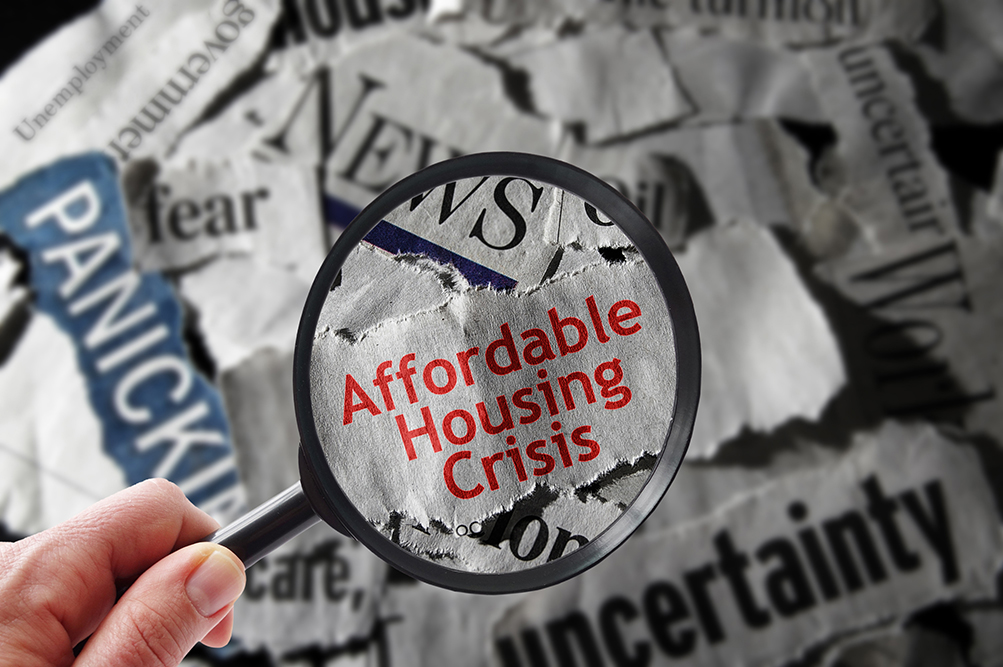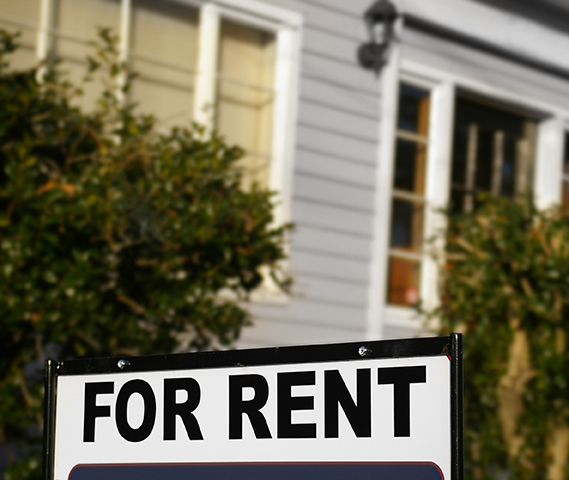Corporations own 13,000 homes in Charlotte - Second Most in U.S.
The American Dream of homeownership remains out of reach for many buyers with no easy solutions as local jurisdictions work to create a balance between affordable housing and the free market.
With Charlotte rents averaging $1,900 a month, median homes sales price at $420,000 (UNCC, 2022 State of Housing in Charlotte Report), and large conglomerates purchasing over 30 percent of homes in the City (pulling over 13,000 homes out of the market that first-time homebuyers would traditionally purchase), elected officials and community groups are searching for answers.
The Mecklenburg County Commissioners are looking at setting aside $500,000 in their FY2023 budget with various goals, including educational campaigns and a social media blitz, so that individuals looking to sell their homes understand the impact of selling to corporations. Other Ideas include purchasing land, expanding affordable housing and rental assistance programs, de-incentivizing corporate purchases, supporting grassroots community campaigns, and working with HOAs to cap single-family rentals in those developments.
The White House, HUD, and other housing experts lead national discussions. Until then, engagement with your local elected officials, housing groups, and other grassroots organizations to remain educated on these issues is a must!
For additional information, click on the following links:
Mecklenburg County Corporate Rental Issues




